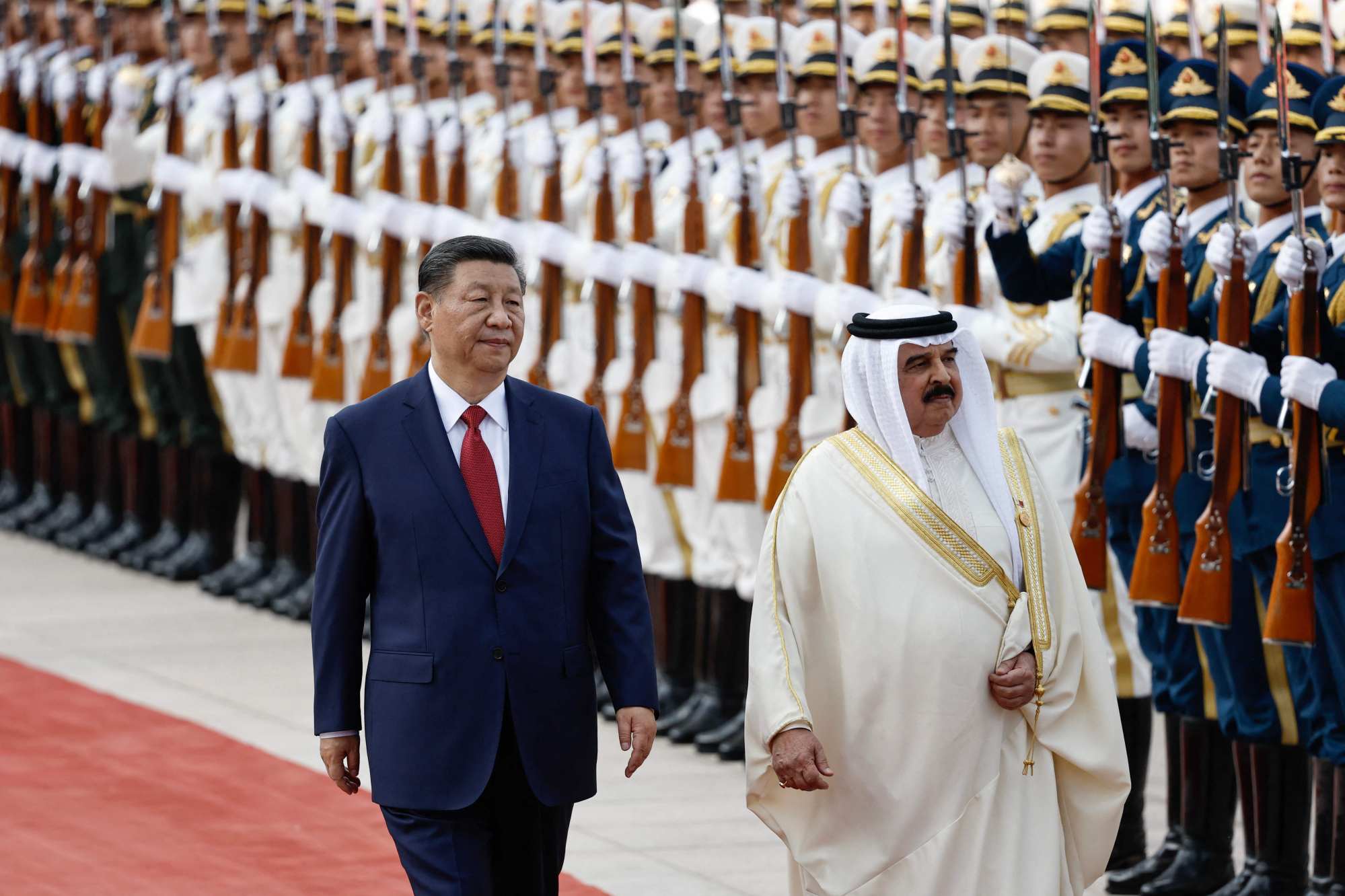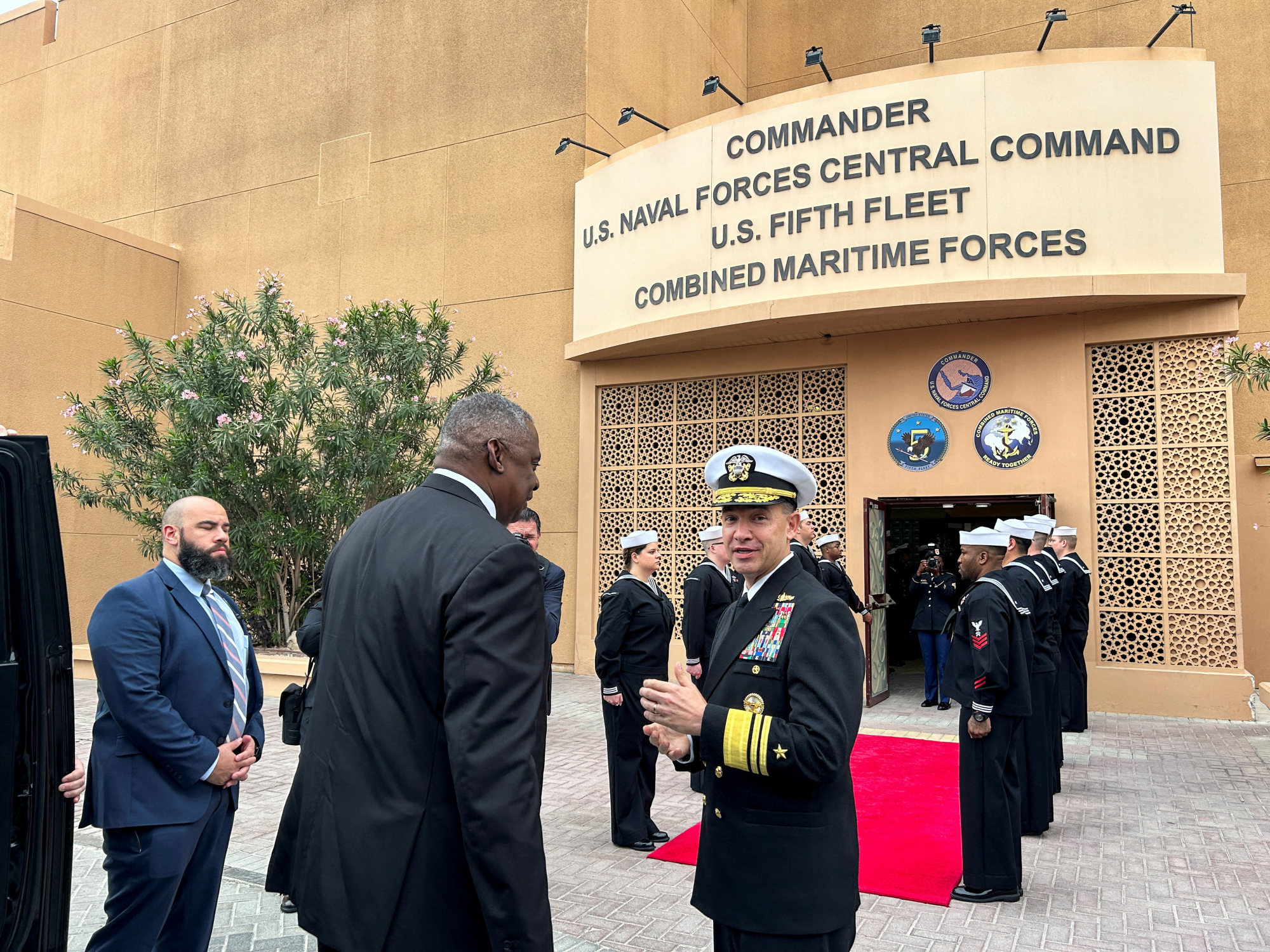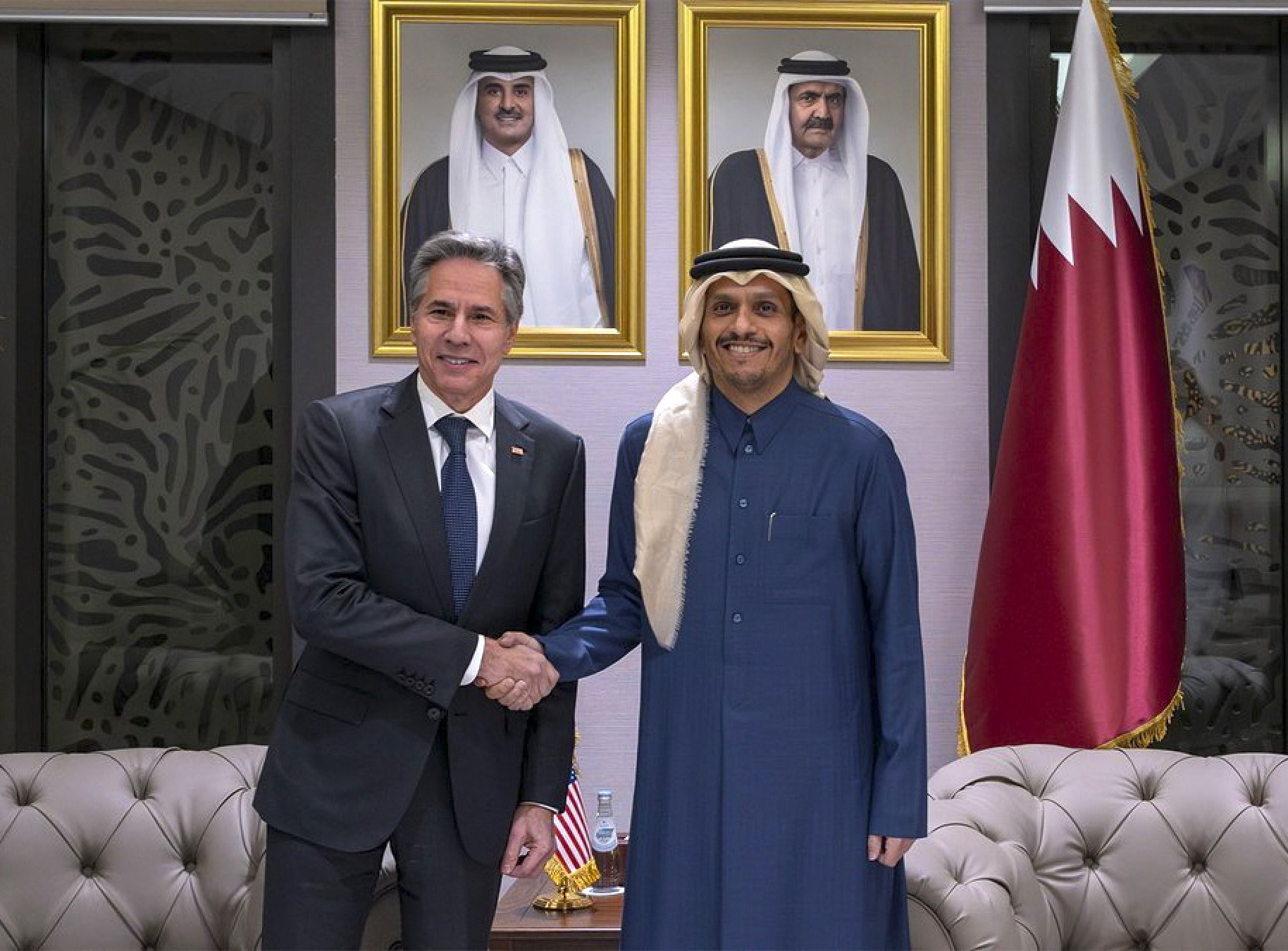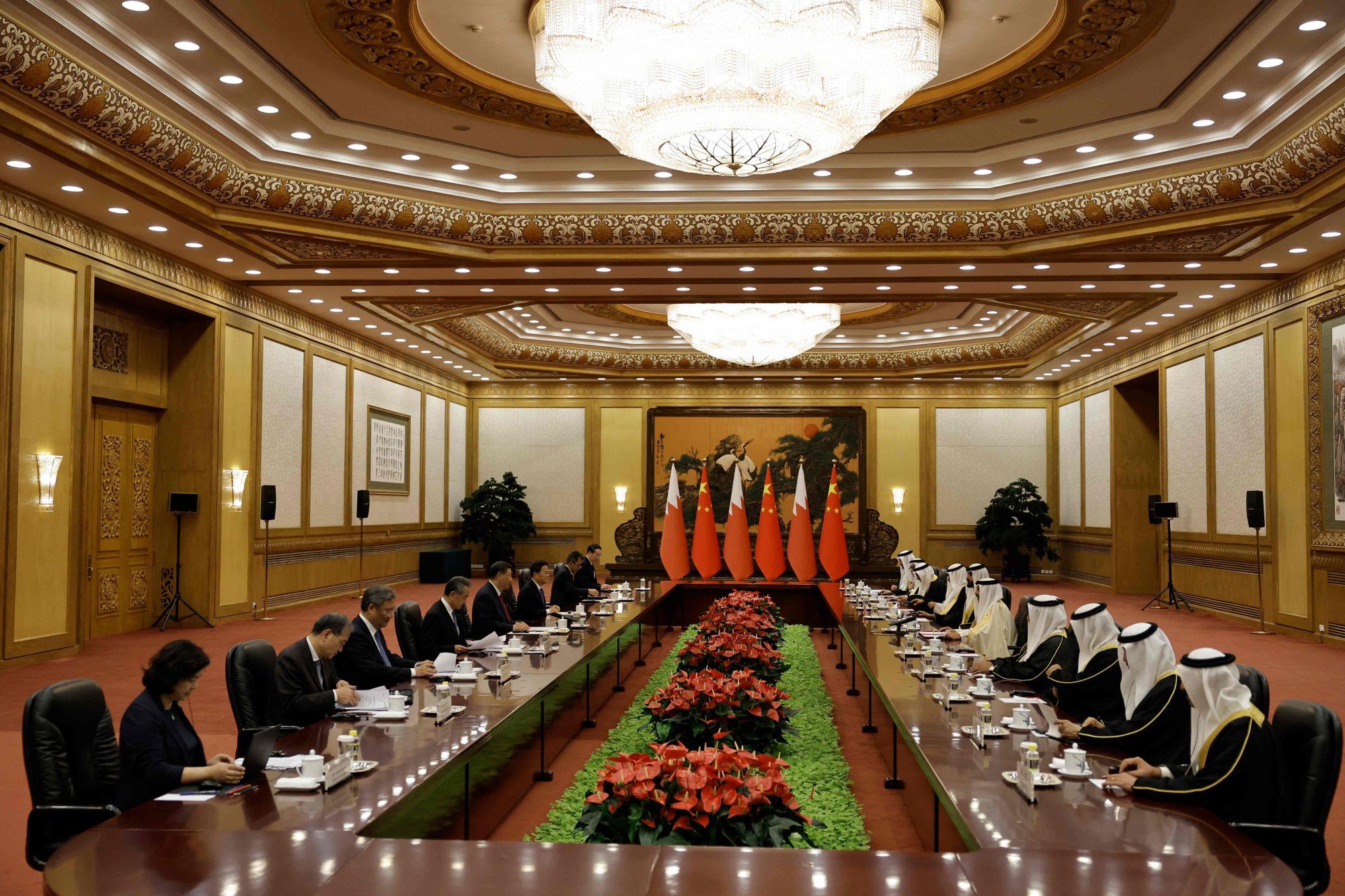“Given Bahrain’s market size and its relatively modest level of engagement with China, this is puzzling to me,” he said.
The CSP announcement was preceded by the launch of the first direct flights between Bahrain and China, and it was quickly followed by preliminary cooperation agreements between their respective sovereign wealth funds as well as their chambers of commerce and industry.

“What is important is to coordinate efforts in economic ties between our two nations [with] great emphasis on development and promoting bilateral trading,” said Sheikh Abdulla Bin Ali al-Khalifa, director general of bilateral relations at Bahrain’s foreign ministry, in a June 1 interview with Chinese state-run television channel CGTN.
“And we appreciate the importance that China gives to the region and to its ties to the Arab world, and we are looking forward to it continuing.”
Five of these six countries are also significant oil and gas exporters to China.
“Bahrain does not fit this model” because, unlike the others, it has not contracted Chinese companies for construction projects on a large scale, nor is it a major exporter of energy to China, said Afshin Molavi, a senior fellow of the Foreign Policy Institute at Johns Hopkins School of Advanced International Studies in Washington, US.

The US and Bahrain have a long-standing security alliance, under which the US Navy’s Fifth Fleet has been headquartered in Manama for almost 30 years.

China has signed a strategic partnership agreement – one step down the diplomatic ladder from a comprehensive strategic partnership – with Qatar, as well as nine other countries in the Middle East and North Africa.
Whether the new CSP would result in a substantial increase in Chinese trade and investment in Bahrain “is uncertain at this point”, said Guy Burton, author of the book China and Middle East Conflicts: Responding to War and Rivalry from the Cold War to the Present.
Burton said 2018 marked the high point of Chinese investments in the Arab world, which have since slowed down following the Covid-19 pandemic and increased American pressure on its Middle Eastern partners to limit their involvement with China.
With economics a relatively small consideration in the Bahrain-China relationship, East China Normal University’s Mahoney said their CSP should be viewed through the lens of US policy in Central Asia and the Middle East following the 9/11 terrorist attacks.
The US policy “aimed to create new challenges for China” by penetrating Central Asia with American airbases “capable of threatening space ports and military industries strategically located in China’s western regions”, he said.

Likewise, it put a massive US military footprint in the Persian Gulf that was “capable of controlling the global flow of oil, including shutting down China’s access,” Mahoney said.
Consequently, the development of closer relations and cooperation between China and several key regions – Russia, Central Asia, and “especially Bahrain” in the Middle East – were the result of Beijing’s long-standing efforts to “mitigate the last vestiges of Washington’s previous anti-China containment strategy, particularly as a new, more direct contest has emerged in the Pacific”, he said.
John’s Hopkins’ Molavi said King Hamad’s recent visits to Beijing and Moscow should be seen as part of a “new trend of strategic multi-alignment” displayed by several Gulf Arab states.
“They do not view their relations with China, Russia, and the US as mutually exclusive,” he said.
As long as Bahrain steers clear of those red lines, it will have room to manoeuvre without much pushback from Washington
“As long as Bahrain steers clear of those red lines, it will have room to manoeuvre without much pushback from Washington,” Molavi said.
Instead, China and the Gulf monarchies had “looked to each other to hedge and diversify their relationships and options”, he said.
Mahoney described Bahrain as “one of many countries” seeking to maximise its international partnerships amid continuous great power competition.
“One goal here is to avoid picking a side, like Japan and South Korea, among others, and getting stuck in a security trap and losing any semblance of an independent foreign policy,” he said.

